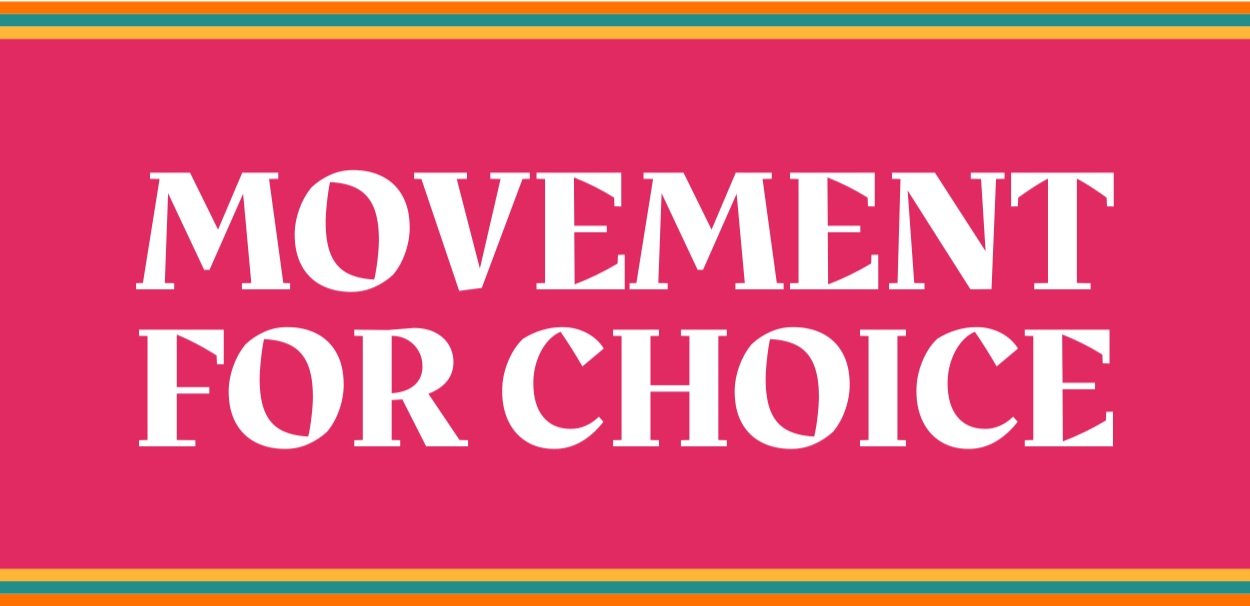Abortion Trafficking: What You Need to Know
Author: Nadia
Abortions have always happened, and they will continue to happen. Presently, anti-abortion lawmakers are not only trying to eliminate someone’s right to an abortion, they are attempting to systemically make it so someone seeking an abortion is isolated when doing so. A quick Google search of the term ‘abortion trafficking’ leads to a number of news articles from states such as Kansas, Mississippi, Idaho, Tennessee and Texas. Surprising absolutely no one, these are states with some of the most restrictive abortion laws as of January 24, 2024, according to the Guttmacher Institute1.
What does abortion trafficking mean? In Texas, taking anyone across state lines to receive an abortion is considered abortion trafficking. This has resulted in political debates across small towns that reside along highways leading to New Mexico.3 The politicization of abortion, and sexual and reproductive healthcare more broadly, has created a system where misinformation and fear of retribution are keeping people from accessing care they need. For structurally marginalized groups, these effects can be life threatening. What happens when someone can be brought to court for babysitting someone’s child while they go receive an abortion? Where does this leave the concept of community, especially for structurally marginalized groups?
The combination of seeking healthcare, when we know that structurally marginalized groups are often not believed or receive inadequate care, and seeking a politicized medical procedure, can lead to a damaging combination. Research indicates that in the absence of formal care, those seeking an abortion will turn to their network, however, who they turn to can present serious risks to their health and well-being.5
By using the term ‘abortion trafficking’ lawmakers are succeeding in placing more stigma on abortion. One in 5 people seeking an abortion in the United States are traveling out of state to do so.6
These laws create a burden on those seeking an abortion that they should not have to carry. Restrictive abortion laws in different states already create a public health crisis, and to extend those laws along the very highways people are using to seek a safe medical procedure only exacerbates what can already be a heart wrenching decision.
In Missouri, Senate Bill 1077 would prohibit the state from contracting, awarding grants, tax credits, bonding authority, training resources, access to government programs or other financial benefits to a company or political subdivision that has provided assistance to its employees or another entity on behalf of employees who need an abortion.2 Laws are being created to erase abortion from the public eye. If ‘everyone knows someone who has had an abortion’, how can we stand by lawmakers, businesses, and organizations that ostracize people for a private medical procedure? This is no better than religious organizations that don’t cover birth control in their health insurance plans.
Taking a broad look at the abortion restrictions across the country: if you aren't banned from having an abortion, you need to separate doctor’s notes detailing why your abortion is necessary (Florida); you can get sued for helping someone receive an abortion (Texas); or the abortion clinic nearest you closed post-Dobbs and following an act of sexual violence, should you seek an abortion, you need to sign an affidavit attesting to your victimhood (Indiana). 4 How can someone seek this stigmatized health need if those who help them are at risk of breaking the law or losing their licenses?
Just as abortions have always existed, so has abortion travel. Extensive research has been done on this area of abortion scholarship, which details the networks and communities that exist to help people seek safe abortions. While the scholarship is primarily focused on rural areas in the United States or crossing borders in European countries, what this scholarship confirms is that those seeking an abortion can find a way, and those willing to help them do exist. The bottom line, though, is that someone should not have to expend more time, emotional labor, and money to seek a safe abortion, and their community should not have to fear legal consequences for providing them support.
—
Pick up at:
https://journals-sagepub-com.ezproxy.cul.columbia.edu/doi/full/10.1177/1611894419854682
https://journals-sagepub-com.ezproxy.cul.columbia.edu/doi/full/10.1177/03616843221131544
References:
https://www.texastribune.org/2023/09/01/texas-cities-abortion-trafficking/
https://scholarworks.law.ubalt.edu/cgi/viewcontent.cgi?article=2120&context=ublr
Broussard, K. (2024). Strategic (Non)Disclosure: Activation and Avoidance of Social Ties among Women Seeking Abortion. Journal of Health and Social Behavior, 0(0).
